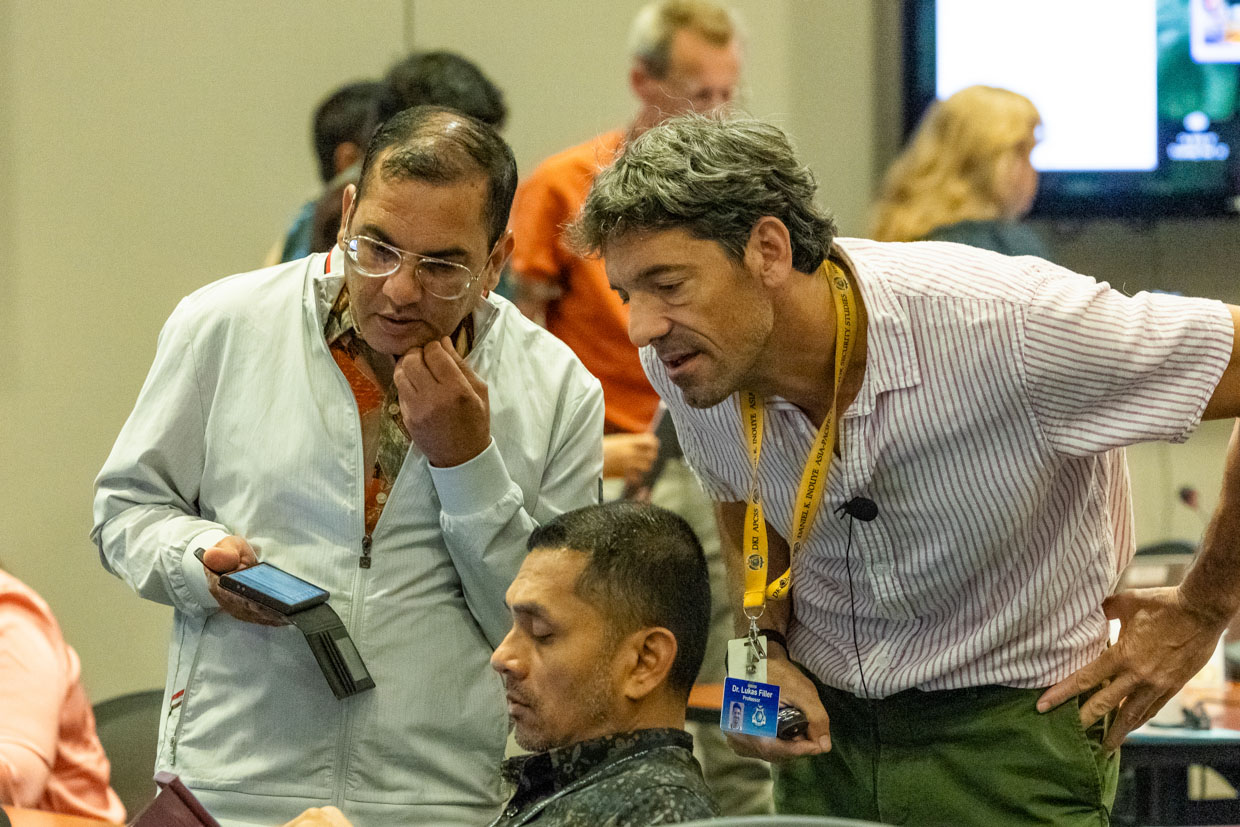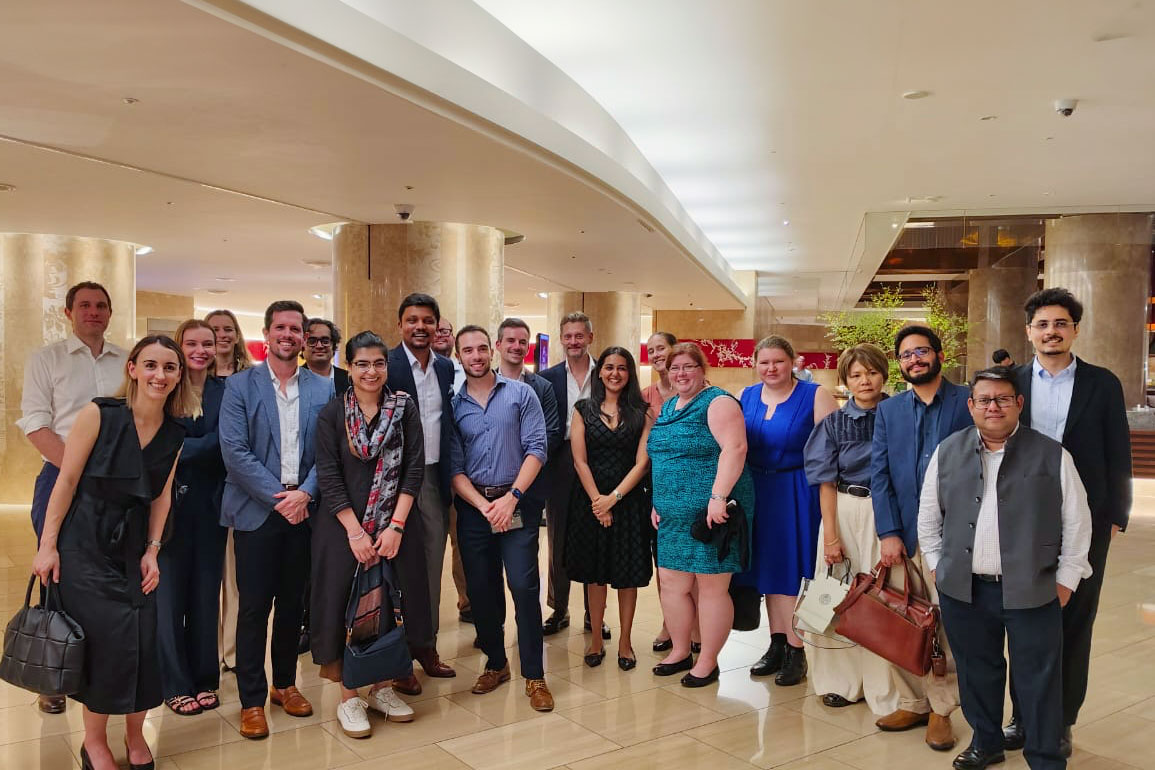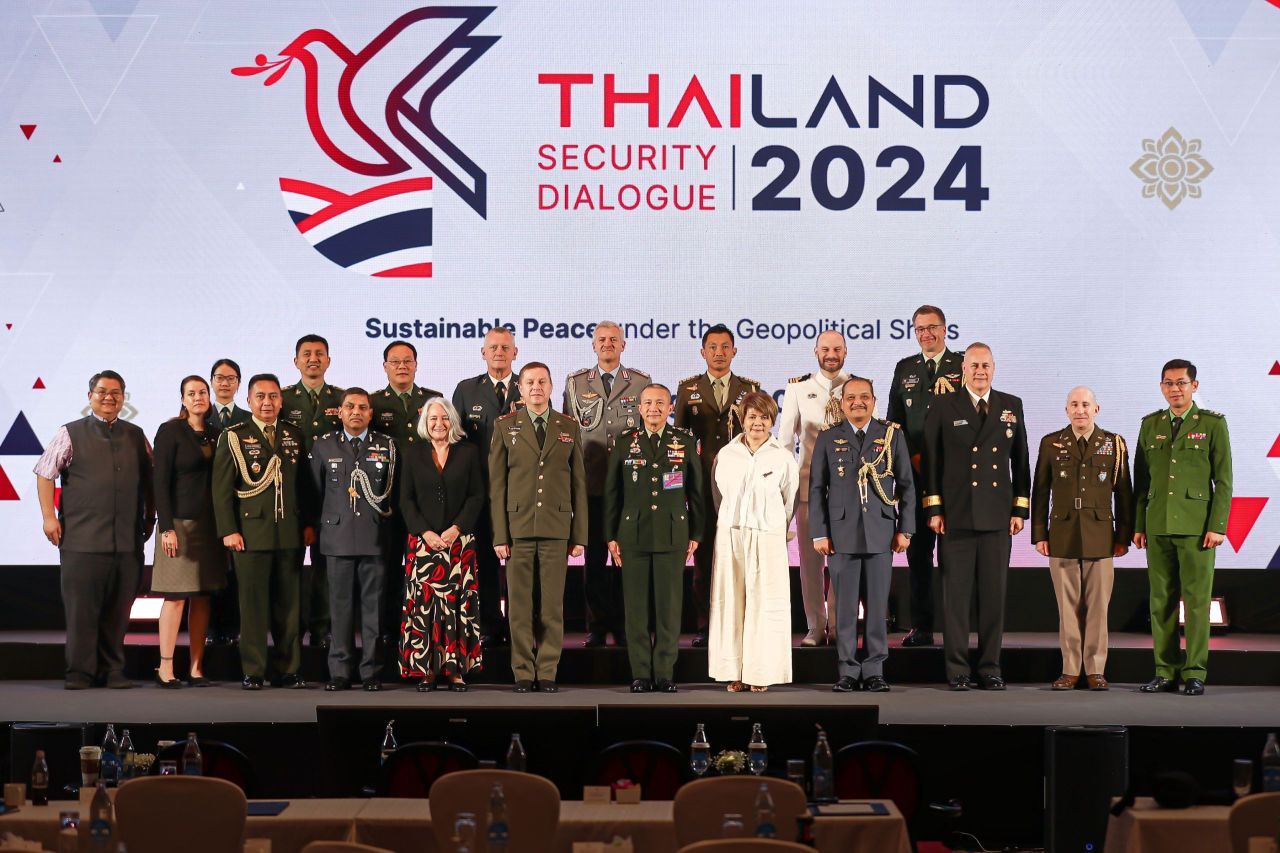The scientific and technological dimensions of resource scarcity challenges and how governments are looking for ways to meet these challenges are examined in a paper by Dr. Virginia Bacay Watson called “Resource Security and Green Science & Technology Policy in Asia.”
In her paper, Watson states that “with their focus on advancing green capabilities, the emerging economies of Asia will become major sources of indigenous, clean-technology innovations.”
She also discusses how strategic alliances’ coalescing around scarce resources is distinctly different from an alliance based solely on capacities.
While the vulnerabilities and risks of green economies have yet to be studied, Watson believes that the nexus of energy-environment-economics suggests that a systematic approach to these transnational security issues will provide better and more comprehensive solutions for the future.
You can read the full paper online here: https://dkiapcss.edu/wp-content/uploads/2014/04/Paper-Watson-STRinAsia-2014.pdf
The views expressed in this article are those of the author and do not reflect the official policy or position of APCSS, the U.S. Pacific Command, the U.S. Department of Defense, or the U.S. government.
Dr. Virginia Bacay Watson is an associate professor at the Asia-Pacific Center for Security Studies in Honolulu, Hawaii. Her areas of interest include science, technology and security in the Asia-Pacific region, water security, and Southeast Asia geopolitics. She holds a master’s degree in Asian Studies from Cornell University and a doctorate in International Studies in the areas of Public Policy and International Technology Assessment & Management from the University of Denver’s Josef Korbel School of International Studies.
The Asia-Pacific Center for Security Studies is a Department of Defense institute that addresses regional and global security issues. Military and civilian representatives, most from the U.S. and Asia-Pacific nations, participate in a comprehensive program of executive education, professional exchanges and outreach events, both in Hawaii and throughout the Asia-Pacific region. The Center supports the U.S. Pacific Command by developing and sustaining relationships among security practitioners and national security establishments throughout the region. Its mission is to build capacities and communities of interest by educating, connecting, and empowering security practitioners to advance Asia-Pacific security.
Since opening in 1995, APCSS has had representatives from 104 countries and territories, and seven international organizations attend courses at the Center for a total of 8,380 alumni.









Leave A Comment